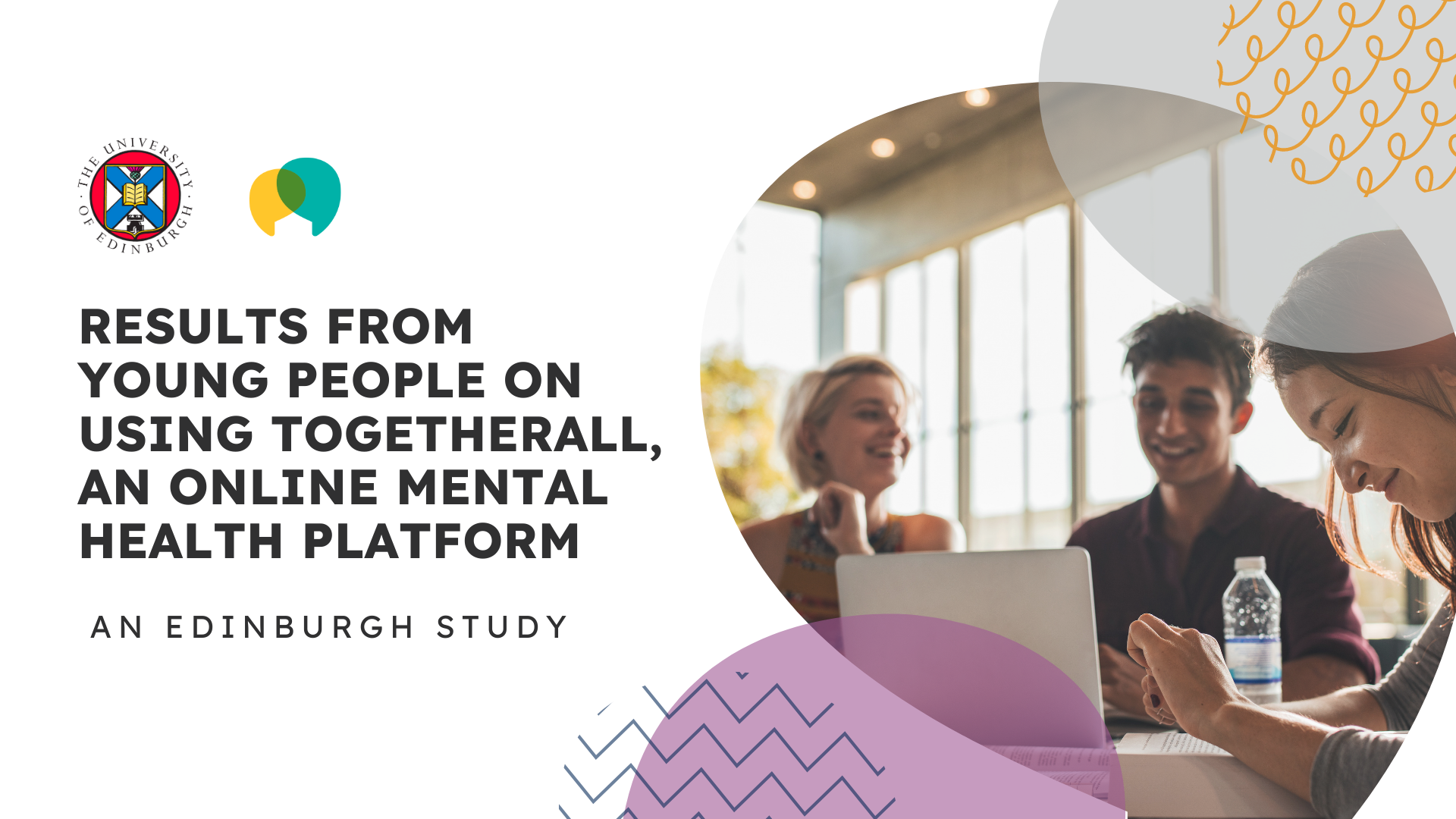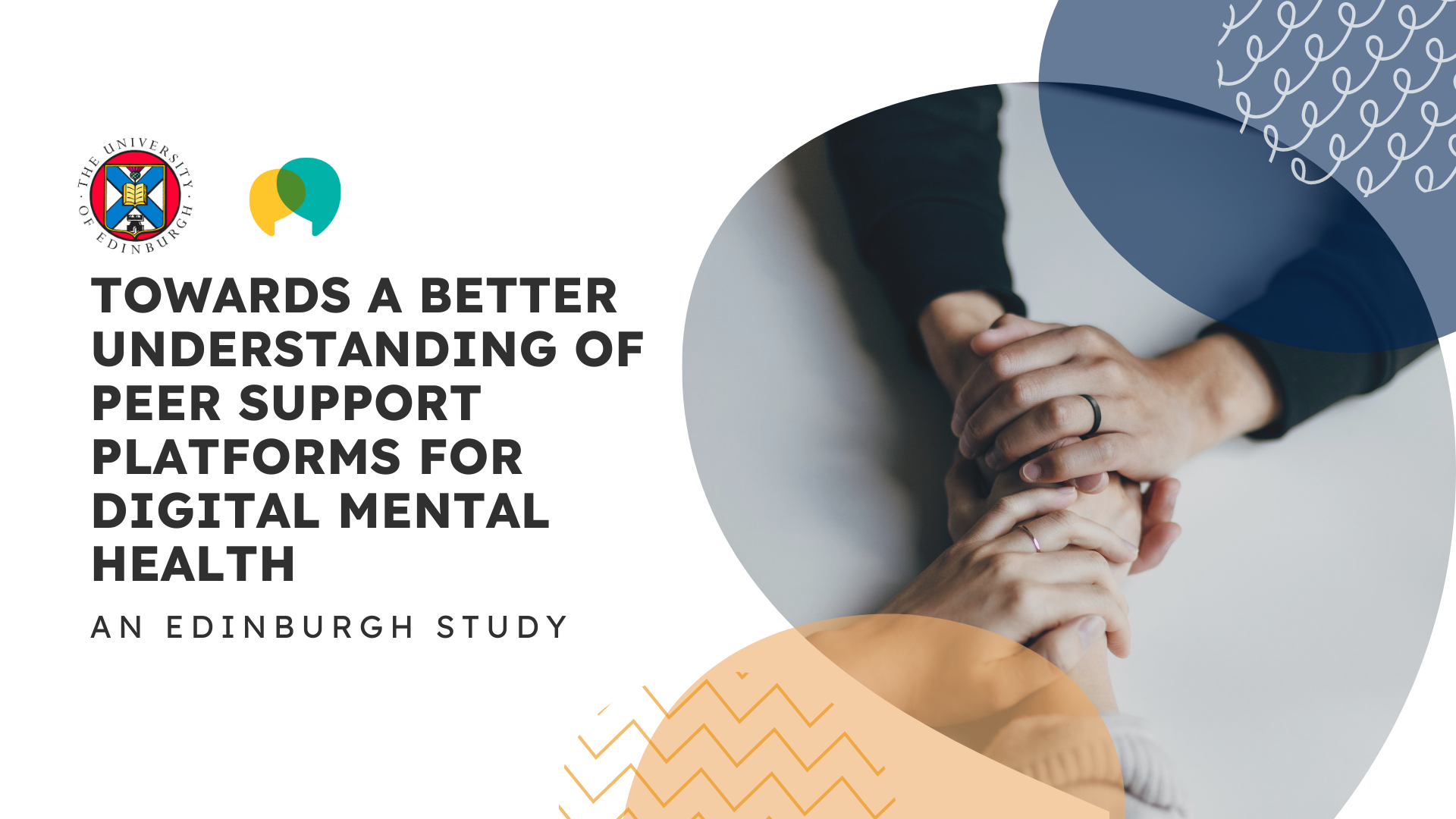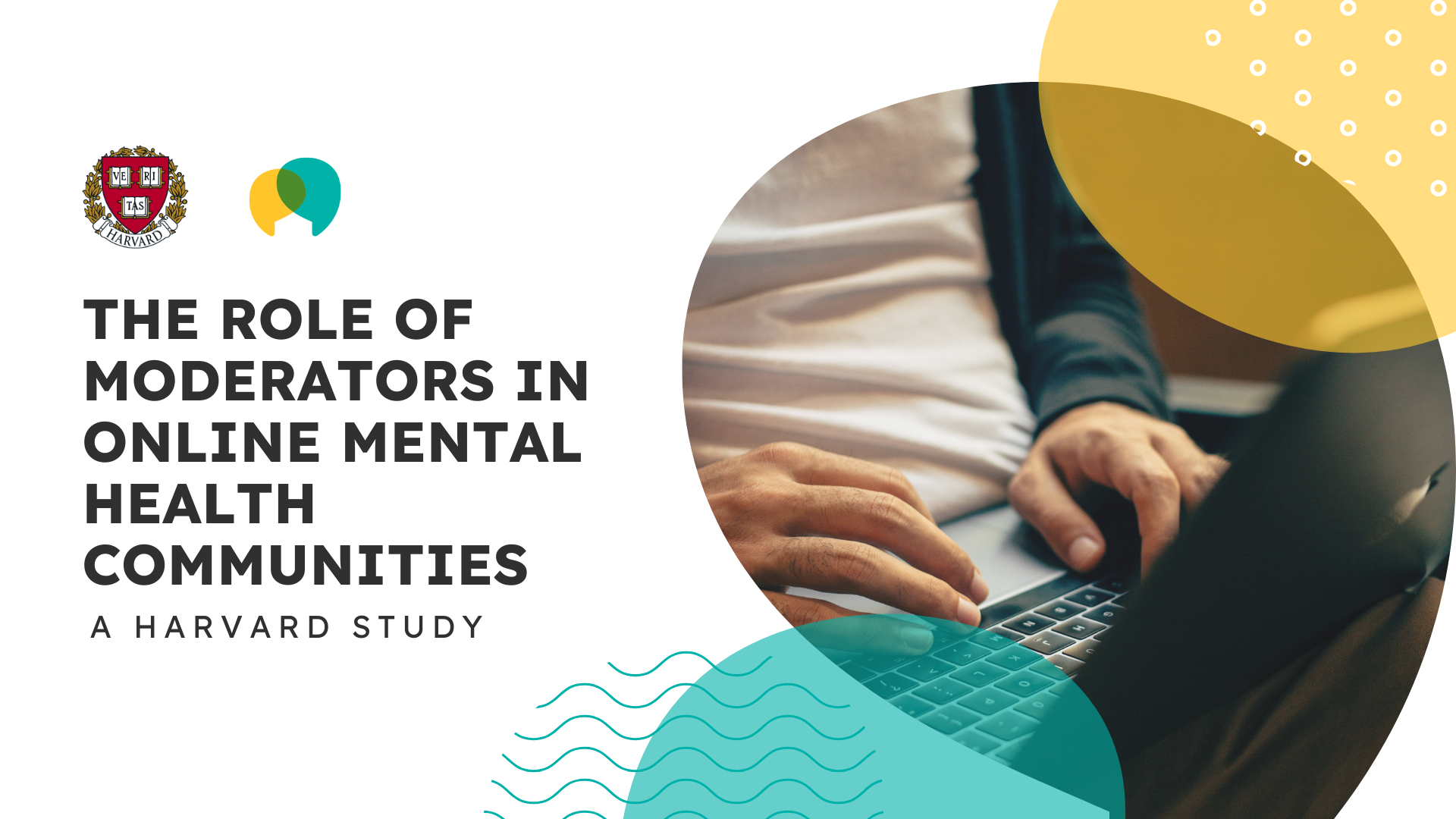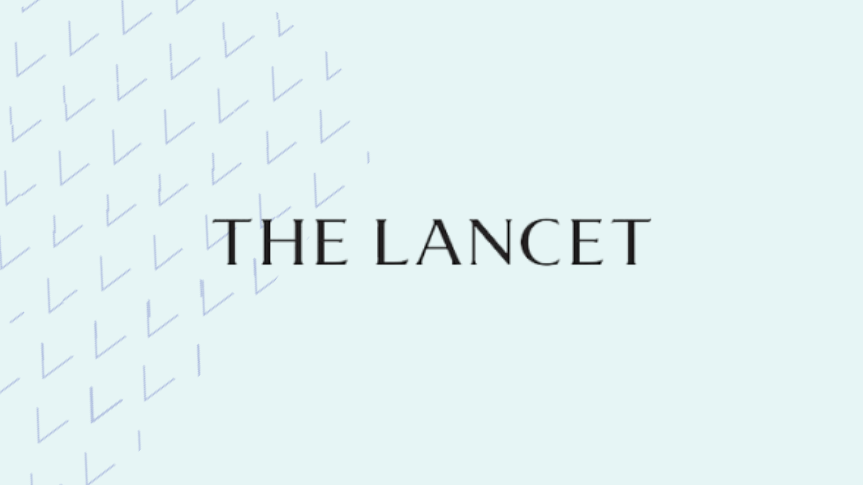University of Edinburgh: study of young people on using Togetherall

July 06 2022
Key takeaways
- Online mental health platforms can improve mental health support for young people.
- Togetherall is an acceptable online intervention.
- Participation in Togetherall positively impacts on anxiety and depression.
- Young women have higher engagement with Togetherall resources than young men.
About the study
Togetherall partnered with the University of Edinburgh in order to find out whether engaging with digital mental health platforms like Togetherall could help deliver better mental health outcomes for younger people.
With the NHS long term plan setting out the priorities and plans for expanding Children and Young People’s Mental Health Services over the next 10 years, the availability of evidence-based digital mental health services can work effectively alongside face to face services and can help reach more young people in need with a 24/7 wrap around, clinically moderated digital platform.
The study analysed Togetherall usage data, such as number of logins, average session time and the number of self-guided courses completed, against GAD7 anxiety and PHQ9 depression scores of members within the 16-18 age bracket (with 16 being the minimum age to join the Togetherall community). Data was collected to predict the impact of these factors on symptom scores and engagement levels.
Findings
From analysing data from over 600 people aged 16-18, it was found that young people logged on, on average, two to five times, spending over an hour on the platform. The study also reported that the higher their level of need, the more that young people engaged.
The data suggests that participation in Togetherall positively impacts on anxiety, with “higher baseline depression and anxiety and greater accessed self-help materials predicted lower final anxiety scores.” It was also found that young women make greater use of self-guided courses and resources than young men.
Overall, the study showed that online mental health platforms can improve access to, and use of, mental health support for young people who may find it difficult to engage with traditional face-to-face delivery of services.
“Our findings emphasise that digital-peer support platforms are valuable psychologically informed interventions for mental health and are acceptable to young people” says Dr Angus MacBeth, who led the study and is a Senior Lecturer in Clinical Psychology at the University of Edinburgh.
“Our study also highlights the ongoing need for high-quality, collaborative mental health research in this area. The next step is to try to understand what the unique aspects of platforms like Togetherall are and how they work for users.”
Ben Locke, PhD., Togetherall’s Chief Clinical Officer added that “it’s good to see this study and the positive results. It underlines the importance of providing effective, safe, clinically moderated support online and the value to young people of a peer support community platform available 24/7.”
“We are constantly working to improve the platform and the services provided and to enabling our members to have a positive experience, a safe anonymous space and support to reach their goals and achieve improved outcomes with them.
“This study helps us also identify areas for further development and improvement. We would like to thank the Edinburgh University team and are continuing our partnership with them on research into digital mental health.”
To read the full article for free, it is available in the Journal of Affective Disorders.
Find out more
Togetherall is an evidence-driven business; With our research programme, we aim to contribute to the field of digital mental health and ensure we’re delivering the best possible service to our members.
If you’d like to find out more how we could support your cohort, book a demo and get an overview of our platform.








